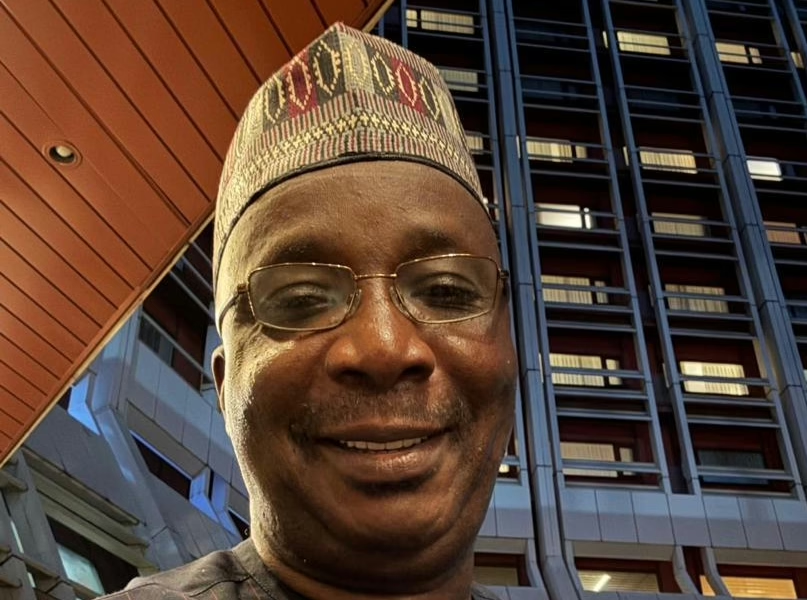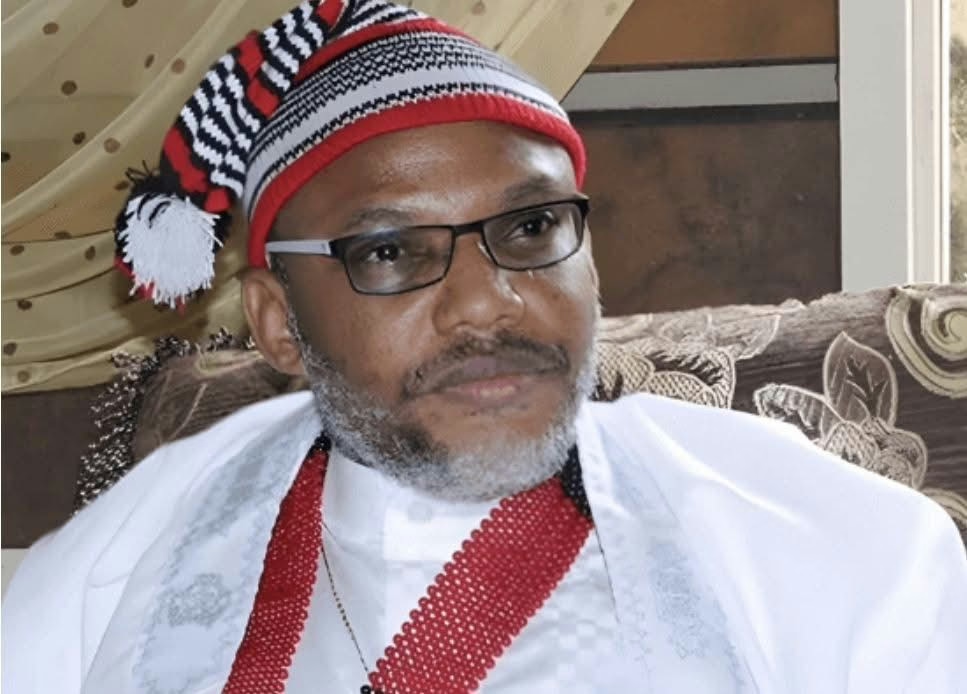By: Sunday Ameh
A Nigerian pastor from Ondo State, Pastor Lucky Bidemi Olorunfemi, has been deported from Canada after a federal court in Toronto found that he falsified and bribed his way into fabricating evidence to support his asylum claim.
According to People Gazette Media, it was reported that the court presided over by Justice McHaffie, upheld a prior decision by the Refugee Protection Division (RPD) that dismissed Mr. Olorunfemi’s refugee application on grounds of fraud, document forgery, and lack of credibility.
According to court filings, the self-acclaimed pastor—who claimed to have led a church in Akure—sought refugee protection in 2023, alleging persecution from what he described as “Muslim Jihadists” for his open support and tolerance toward LGBTQ members in his congregation.
Mr. Olorunfemi claimed that his church was attacked and set ablaze in March 2022, and that he narrowly escaped death before taking refuge at a nearby police station. He further alleged that he went into hiding for nearly a year before securing a Canadian visa to flee Nigeria.
To back his claims, the pastor tendered four key documents: a newspaper report on the supposed attack, a letter of police invitation, a medical report for his wife allegedly injured during a later assault, and a wanted poster purportedly issued by the “Odoua [sic] Peoples Congress.”
However, the Refugee Protection Division found multiple inconsistencies in his evidence. The panel described the newspaper article as “riddled with spelling and grammatical errors” and noted that its narrative closely mirrored Mr. Olorunfemi’s own account, raising suspicion that it was ghostwritten or purchased.
Justice McHaffie agreed, noting that “the report bore all the hallmarks of brown envelope journalism,” a local term for paid or fabricated media coverage. The judge added that other documents—including the police invitation letter and medical report—were fraught with irregularities and lacked verifiable contact information.
Particularly striking was the alleged wanted poster, which contained multiple errors, including the misspelling of Oodua as Odoua and Yoruba as Youruba. Even more damning was the discovery that the poster displayed Mr. Olorunfemi’s photograph but carried an entirely different name.
“The poster’s inconsistencies, combined with its lack of any verifiable contact details, made it impossible to authenticate,” Justice McHaffie stated in his ruling, emphasizing that the RPD had reasonable grounds to conclude that the documents were fraudulent.
The court also questioned the credibility of the pastor’s personal testimony. Mr. Olorunfemi, who initially claimed limited English proficiency, was found to have communicated fluently and confidently in English during proceedings, undermining his own claim.
While the court accepted his Nigerian nationality based on his passport and oral testimony, it ruled that all other aspects of his asylum claim were built on falsehoods.
Justice McHaffie ultimately dismissed the pastor’s appeal for a judicial review, stating that his case failed to meet the minimum standards of credibility required for asylum protection in Canada.
“The applicant’s evidence was inconsistent, unreliable, and materially fraudulent,” the ruling concluded. “The application for judicial review is therefore dismissed.”
Mr. Olorunfemi has since been deported to Nigeria following the judgment. His lawyer, Abdul-Rahman Kadiri, declined to comment on whether further legal action would be pursued.
The case has drawn attention to the growing concern among Canadian authorities about fraudulent asylum claims from foreign nationals, particularly those involving falsified police reports and paid media stories from their home countries.
For Nigeria, the incident adds to the broader conversation around integrity in international migration and the reputational impact of citizens attempting to exploit the asylum system through deceit.











Leave a Reply